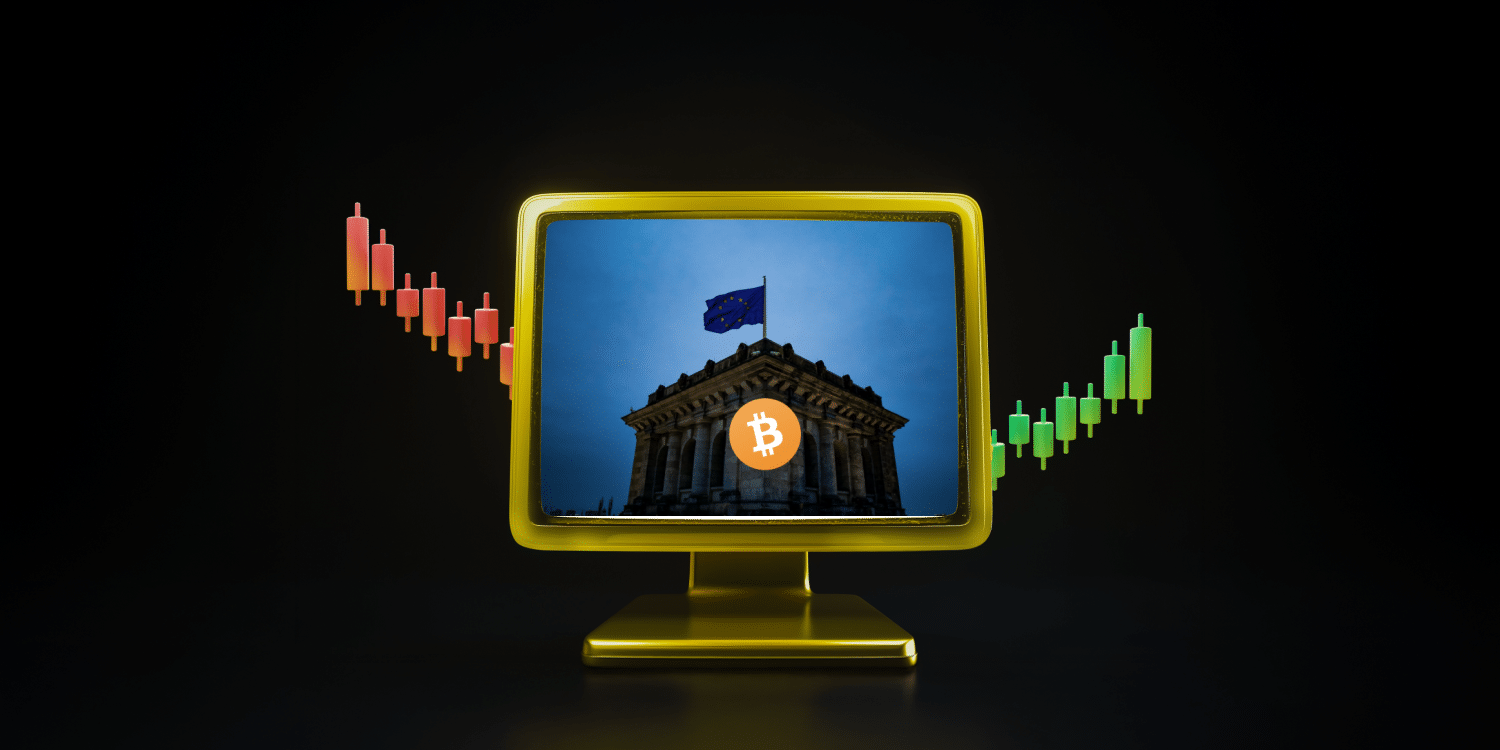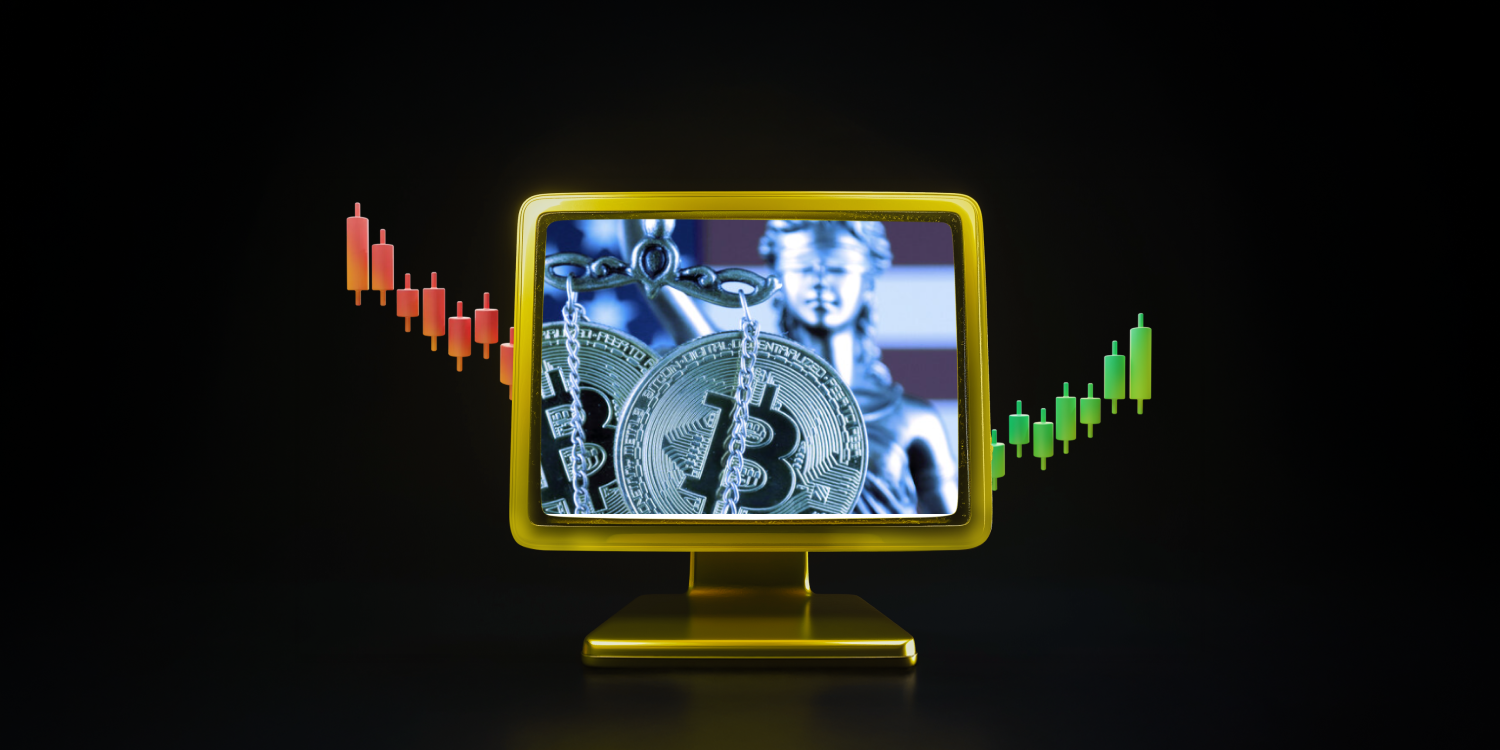The Controversy Over Bitcoin Reserves
European Parliament Debates
The adoption of Bitcoin as a strategic reserve asset is on the agenda in the European Parliament. French MEP Sarah Knafo has advocated for the European Union to create Bitcoin reserves, amid criticism of the European Central Bank’s (ECB) digital euro project. Knafo’s criticisms are based on the potential impact of the digital euro project on user privacy and the trust issues raised by the past practices of central banks. She has also argued that Bitcoin’s decentralized structure offers economic security and financial independence, citing the experience of El Salvador and various academic studies as supporting examples.
Poland’s Reserve Plans
In Poland, Sławomir Mentzen, head of the “New Hope” party and presidential candidate, announced plans to create a national Bitcoin reserve. However, a detailed official policy to support these announcements has yet to be made public. The fact that Mentzen is a figure known for his personal Bitcoin investments and his vision to make Poland a cryptocurrency-friendly center increases the seriousness of these initiatives.
Source of Calls
Sarah Knafo’s Critical Reviews
French MP Sarah Knafo has argued that the European Central Bank’s digital euro project threatens individual financial freedoms. To support her criticism, Knafo specifically cites reports on data privacy issues related to the digital euro and its impact on user control. He argues that the adoption of Bitcoin as a strategic reserve could provide a safe haven against economic crises and inflation, and reinforces his argument with the experience of El Salvador and various academic analyses.
Poland’s Advantageous Location
The fact that Poland is outside the Eurozone and uses the national currency, the zloty, gives it an advantage in independently implementing Bitcoin reserve initiatives. The discussions led by Mentzen suggest that Poland could take a leading role in this regard within Europe.
El Salvador and US Influence
El Salvador’s acceptance of Bitcoin as a legal tender in 2021 is an important precedent in the European debate. In the US, Federal Reserve Chairman Jerome Powell’s description of Bitcoin as “digital gold” and former President Donald Trump’s proposals for a strategic Bitcoin reserve have inspired discussions in Europe. However, these approaches have not reached the level of a federal policy in the US.
Supporting Countries
France
French MP Sarah Knafo is one of the strongest voices advocating for the adoption of Bitcoin as a strategic reserve asset. Knafo suggests that France could use its leadership in nuclear power generation as an advantage to develop environmentally friendly crypto mining. She also states that high taxation policies for cryptocurrencies should be revised in order for France to achieve this goal.
Poland
In Poland, initiatives led by Sławomir Mentzen are bringing the country to the forefront of the Bitcoin reserve debate. Mentzen argues that Poland could become a crypto hub in Europe with low taxes and crypto-friendly regulations.
Germany
Some German lawmakers and financial experts say Bitcoin could be used as an alternative store of value in times of economic crisis. Germany’s leading role in Europe on cryptocurrency regulation makes the Bitcoin reserve debate even more important.
Italy
Academic studies and initiatives on cryptocurrencies attract attention in Italy. In particular, reports that Bitcoin should be positioned as digital gold reveal Italy’s potential in this field. Discussions on creating a Bitcoin reserve in line with Italy’s economic growth and technological transformation goals are increasing.
Conclusion
The adoption of Bitcoin as a strategic reserve asset in the European Union is gaining momentum with calls from individual MEPs and countries. Discussions led by France’s Sarah Knafo, national-level initiatives in Poland, and influences from El Salvador and the United States are the cornerstones of this new trend in Europe. How Europe shapes its attitude towards cryptocurrencies could be a critical turning point for both economic innovation and the future of digital assets.





